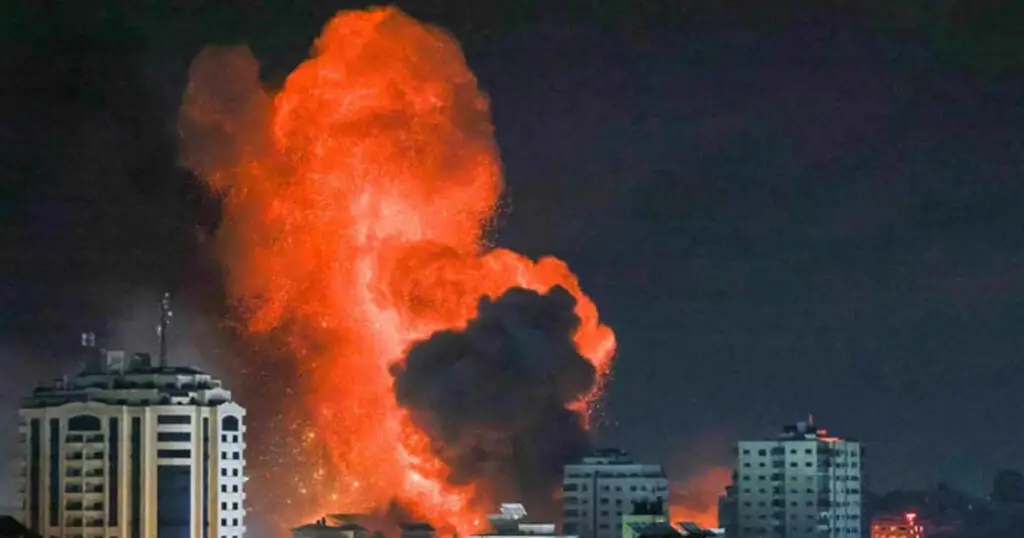
Following the outbreak of violence between Israel and Hamas, speculation about the crisis’s impact on Middle Eastern energy production has caused a significant surge in global oil prices.
On Monday, the US standard West Texas Intermediate saw a substantial 4.3% increase, reaching $86.38 per barrel, while the global benchmark Brent Crude rose by 4.2% to $88.15 per barrel. However, on Tuesday, both Brent Crude and West Texas Intermediate prices saw marginal decreases of 36 cents and 35 cents, respectively.
Although Israel and Gaza are not major oil producers, concerns about potential regional instability due to the conflict have sent ripples through the markets. The Middle East, home to major oil producers like Iran and Saudi Arabia, also hosts crucial transit routes such as the Strait of Hormuz, known as the world’s largest oil chokepoint.
As for the future of oil prices, it largely depends on how the conflict unfolds. Economists predict minimal immediate impacts on energy prices. The battle, while tragic, does not directly involve major oil-producing nations. However, a note from Morgan Stanley suggests that if violence spreads to neighboring nations, the oil supply could be at risk.
Variables that could lead to further oil price increases include the involvement of Iran or Hezbollah, an organization supporting both Iran and Hamas. If Iran’s role is confirmed, it might impact ongoing negotiations and lead to additional US restrictions on Iranian energy.
In summary, the recent surge in oil prices reflects concerns about the conflict escalating into a broader regional crisis, potentially affecting oil markets. The situation differs from the 1973 oil crisis, with a lower probability of a similar price increase this time. The world is closely watching diplomatic efforts to prevent further escalation in the region.





